According to the latest Enhancing Financial Innovation and Access (EFINA) report, 21.3m Nigerian Women suffer financial exclusion.
The report focused on "Women Economic Empowerment" derived from the 2020 Access to Finance assessment. It highlighted that women face significant market access challenges due to lack of finance, societal challenges, absence of essential business skills and prevailing gender norms.
It also revealed the following about the financial activities of women:
- 4.2m women are saving at home
- 3.6m women are remitting through family and friends
- 7m women are borrowing from family and friends
- 2.4m women are interested in micro-insurance
- 4.7m women are interested in mobile money
In the area of women empowerment which is key to addressing financial exclusion, EFINA advised the government and institutions to explore gender-responsive policies in the country.
Some of the policies include:
- Enforcing social protection systems for women like pensions, unemployment benefits, maternity protection and equal pay.
- Revision, adoption and enforcement of legislation that mandates equality of rights and opportunities for women.
- Implement policies that encourage a balance between working life and family life.
- Implement laws and regulations to protect informal workers' rights.
It stated, "Women's economic empowerment is central to realizing women's rights and gender equality. When more Nigerian women can access skills, resources and agency to improve their livelihood, they will be equipped to advocate for their rights both in their household and outside their home."
EFINA further noted that when more women have a chance to work, they contribute to the country's productivity and economic diversification. It is estimated that Nigeria's gross domestic product (GDP) could grow by 23% (or $229bn) by 2025 if women participated in the economy to the same extent as men.
Citing the Access to Finance report for 2020, EFINA, 36% percent of women in Nigeria are economically empowered.
"For the Nigerian woman to be economically empowered, she needs to live in a gender-inclusive society that allows her freedom of expression should she choose to be educated, work, or compete for a political position."
It also revealed that only 24% of Nigerian women spend, save and manage risks in ways that allow them to be financially healthy, resilient and seize opportunities.
Additional statistics from the report showed that 32m women were unbanked; 39% of Nigerian women had bank accounts, the Northern region has the highest population of financially excluded women, and 15% of adult Nigerian women belong to collectives and use collective social capital to meet their financial and non-financial needs.
 Lagos, NG • GMT +1
Lagos, NG • GMT +1











 568 views
568 views
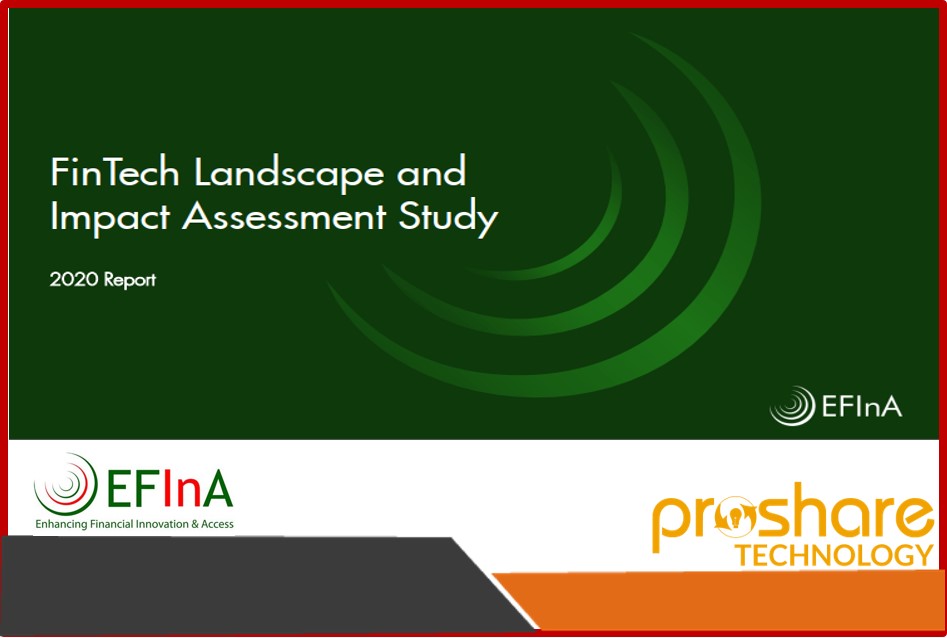

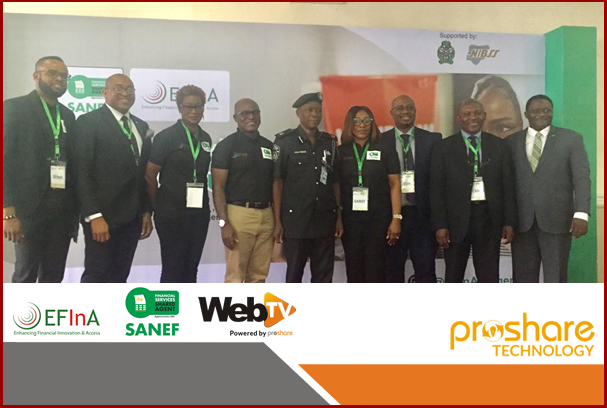
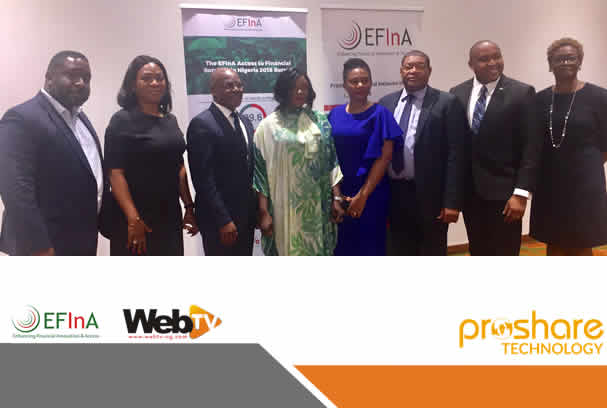
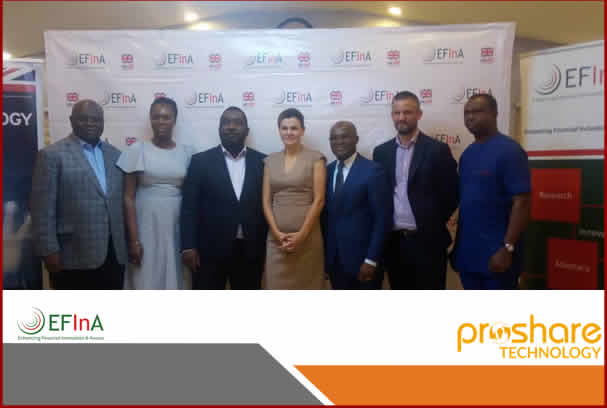
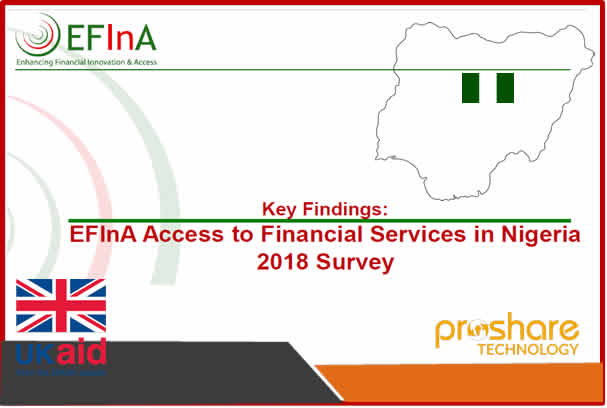





 Sponsored Ad
Sponsored Ad
 Advertise with Us
Advertise with Us









